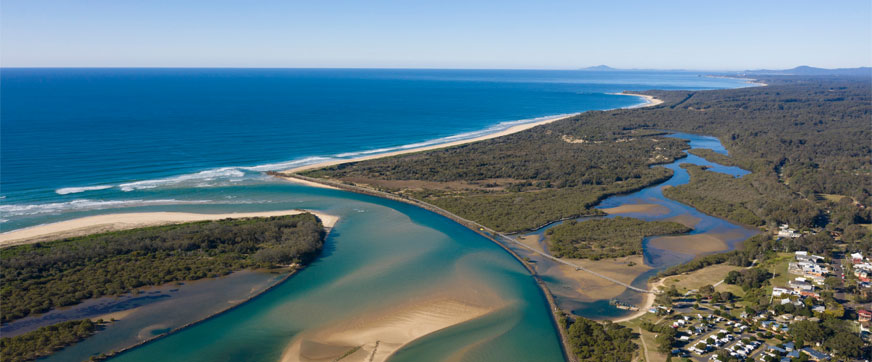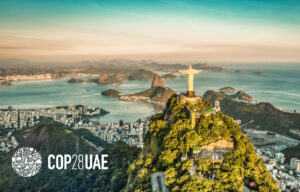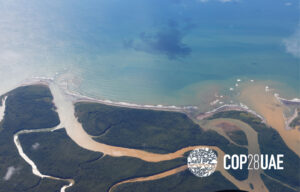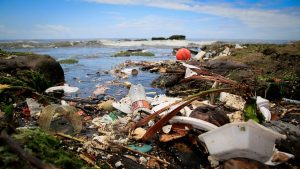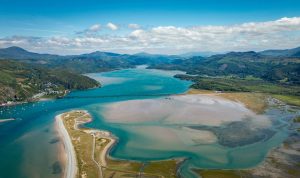Source-to-sea part of Virtual Ocean Dialogues
Fragmented governance is not only one of the greatest threats to the ocean, but probably also the most neglected. To change this, the Action Platform for Source-to-Sea Management (S2S Platform), the government of the Netherlands, SIWI, UNDP and UNEP will host a session during the Virtual Ocean Dialogues 1-5 June with leaders and experts from across the world.
Fragmented governance is not only one of the greatest threats to the ocean, but probably also the most neglected. To change this, the Action Platform for Source-to-Sea Management (S2S Platform), the government of the Netherlands, SIWI, UNDP and UNEP will host a session during the Virtual Ocean Dialogues 1-5 June with leaders and experts from across the world.
Many important global events have been cancelled or postponed in the wake of the Covid-19 pandemic, but action on pressing issues such as ocean health cannot wait. The Virtual Ocean Dialogues is an attempt by the Friends of Ocean Action and the World Economic Forum to speed up action by gathering world leaders and other actors from the business, civil society, science and young innovator communities online to discuss innovation and collaboration.
The programme features key sessions on how the ocean can help the global economy recovery from Covid-19, ways to ensure sustainable food supply for billions and innovative solutions for tackling pollution.
On 2 June, SIWI and the S2S Platform will organize a session titled Call for source-to-sea action – Look upstream to achieve SDG 14. The event will draw attention to the fact that most pollution originates on land, with cities, agriculture, manufacturing, and consumption all contributing to the ocean’s failing health. A panel will discuss how to incentivize upstream sectors and actors to invest in measures that reduce marine pollution.
The demise of the ocean is a result of cumulative impacts: no one single activity or actor is responsible. Protecting ocean health and promoting a sustainable blue economy begins with taking action on land and along water ways.
Change will however require new governance structures, so that city planners, farmers, companies, and everyone else learn to factor in the consequences also for the ocean when they make decisions. The current fragmentation in governance, financing, research, and monitoring impedes efforts to address the heavy burden land-based and upstream activities are putting on the ocean.
In the session, a panel will discuss what can be done to create new incentives and governance systems, including the S2S Platform’s Chair Torkil J Clausen and SIWI’s Birgitta Liss Lymer, as well as the UN Special Envoy for the Ocean Peter Thomson, UNEP’s Director for the Ecosystem Division Susan Gardner and the Netherland’s Special Envoy for International Water Affairs Henk Ovink. Two case studies will be presented covering efforts to combat plastic and nutrient pollution in Vietnam and Romania.
“It is encouraging to see how more and more people now understand that we all depend on healthy oceans and have a shared responsibility to protect them. We need actors across the world to join forces to develop a coordinated approach, from source to sea,” says Birgitta Liss Lymer, Director Water Resources Management at SIWI.
In an Open Letter, the S2S Platform calls on global leaders from all sectors to raise awareness of the threats to the ocean and take action to stem the tide of pollution from land-based activities. The Open Letter will be published on World Ocean Day, 8 June.
